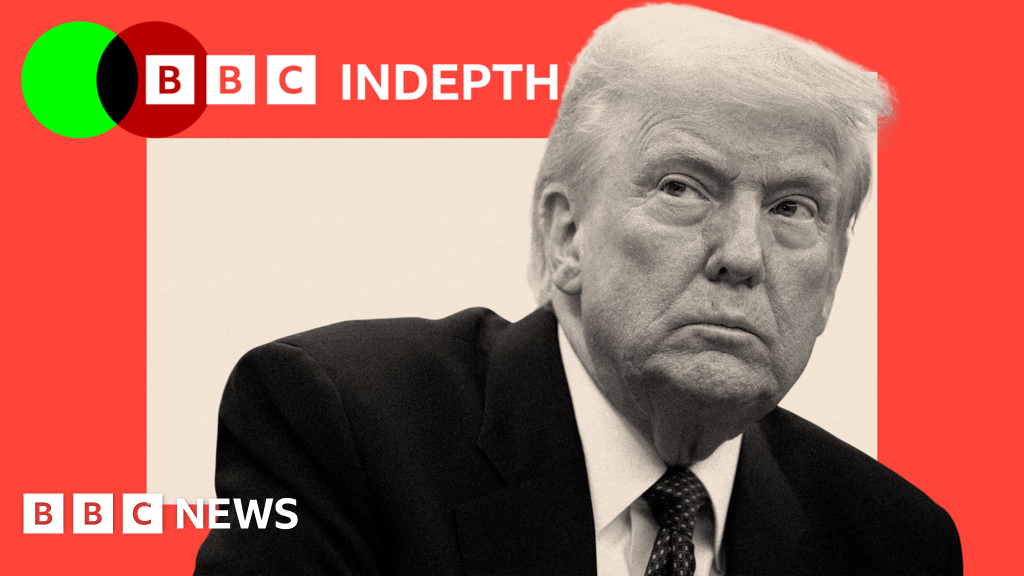Senate Report Highlights Elon Musk's Potential to Evade Billions in Legal Liabilities

Elon Musk has once again captured the spotlight, this time due to a detailed report released by the Senate Homeland Security Permanent Subcommittee on Investigations (PSI). The report unveils a staggering revelation: Musk's extensive network of companies may have the ability to avoid over $2.37 billion in legal liabilities. This situation is largely attributed to Musk's considerable influence over the United States government, particularly in light of his close ties with former President Donald Trump and the establishment of the Department of Government Efficiency (DOGE).
The report, which was compiled by Democratic staffers, aims to quantify the financial advantages that Musk appears to enjoy as a result of Trump's delegation of power. It scrutinizes how this delegation impacts the level of legal scrutiny faced by Musk and his various enterprises, which include high-profile companies such as The Boring Company, Neuralink, SpaceX, Tesla, and xAI. As of Trumps inauguration, the report highlights that these companies are currently facing 65 separate actual or potential legal actions from 11 federal agencies. Notably, the report refers to the $2.37 billion figure as a credible and conservative estimate of the financial liabilities that could have otherwise materialized.
A closer analysis of the potential liabilities presented in the report reveals alarming figures: Teslas misleading claims regarding its self-driving technology alone could lead to damages amounting to a staggering $1.19 billion. Additionally, Neuralink may be on the hook for approximately $281 million in liabilities for allegedly downplaying the risks linked to its technology. Furthermore, SpaceX might incur fines that exceed $630,000 due to accusations of evading crucial regulatory requirements concerning rocket launches. Such scrutiny raises urgent questions about the effectiveness of the oversight mechanisms currently in place, as well as the regulatory environment within which Musk's companies operate, especially considering that several of the relevant regulatory agencies have been prime targets for budget cuts under DOGE.
Compounding these issues, the report emphasizes Musk's unique standing and influence, suggesting that he may have the capacity to circumvent essential oversight, hinder investigations, and manipulate the legal landscape to benefit his interests. Richard Blumenthal, the PSI Ranking Member and a Democratic senator from Connecticut, has taken proactive measures by sending letters to the five companies affiliated with Musk. These letters demand responses regarding their ongoing federal investigations and the safeguards they have put in place to prevent Musks interactions with government officials from inappropriately influencing legal proceedings. The correspondence also calls for these companies to preserve any relevant communications between their personnel and representatives of the federal government, which could be critical in any forthcoming inquiries.
While the PSI possesses subpoena powers that could compel testimony and the production of documents, it is worth noting that the Democratic minority will need bipartisan support from the Republican chair to effectively exercise such powers against Musks businesses.
The report's conclusions are particularly striking: it posits that even the estimated $2.37 billion in avoided liabilities is likely an underestimate of the potential benefits Musk could gain by sidestepping legal risks associated with his ties to the government. This figure does not take into consideration the 25 pending legal actions that remain unquantified, nor does it factor in the significant legal fees and related expenses that Musks companies might evade if they are not compelled to amend their labor practices or other business operations. Moreover, the report speculates that Musk could potentially gain billions of dollars through new government contracts, while also possibly securing a competitive advantage by gathering insights on rival firms.
























